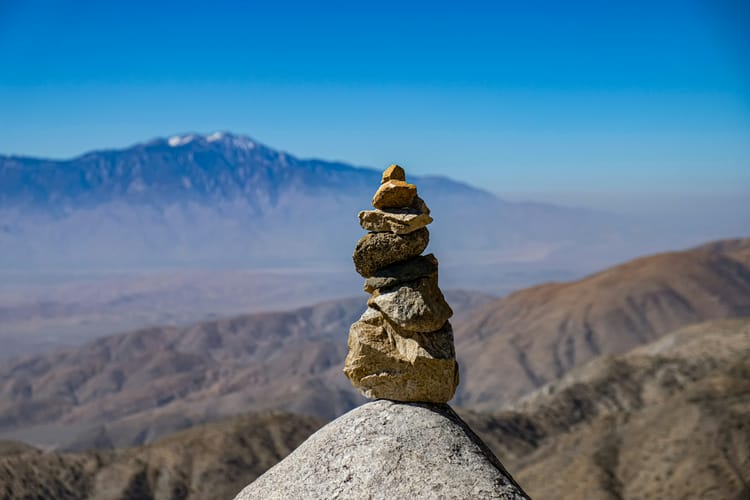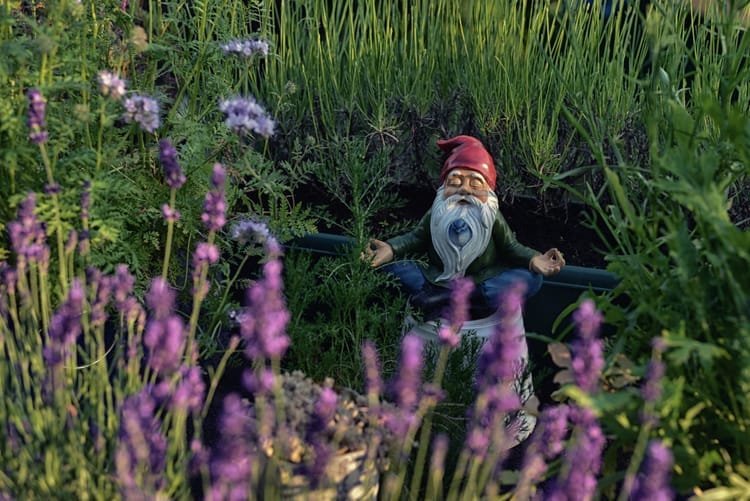Are we listening?

This past week, I’ve been feeling under the weather, battling a bad cough and sore throat—so bad I actually found myself unable to speak for a couple of days. Staying silent for so long was much harder than I expected; I definitely would not fare well in a silence retreat!
The upside was that I had to listen more and spend time pondering what I heard instead of immediately reacting. This got me thinking: maybe we should all listen more and talk less (and not just when we’re sick). As they say, there’s probably a reason why we were given two ears but only one mouth!
I’ve been told I’m a good listener, and I think that’s partially due to my background in communication, journalism, and teacher training. When you’re interviewing someone or teaching a language, the ratio of interviewer/teacher talk to interviewee/student talk should always favor the latter. Yet, I'm not so sure I deserve the compliment. Despite my training and years of practice, I sometimes walk away from conversations feeling like I interrupted too much or was more focused on preparing my response than truly hearing the other person.
This personal challenge reminded me of a broader challenge we face as a society. In many settings—from political debates to social media—the loudest voice often wins. Instead of fostering dialogue, these interactions turn into battles to silence the other person, leaving little room for meaningful exchange.
This dynamic is exacerbated by echo chambers—both online and offline—that reinforce our existing beliefs and make healthy confrontation increasingly rare. I first encountered this idea while researching my master’s dissertation, when I came across this brilliant talk by Eli Pariser on online "filter bubbles", which I highly recommend. Back in 2011, Pariser warned how algorithms were creating highly personalized corners of the internet, limiting exposure to diverse perspectives. These bubbles were already bad for individuals and democracy then, and they’ve only grown worse. Today, they don’t just trap us in familiar ideas but also feed us “personalized misinformation”, intensifying divisions and eroding trust.
Fittingly, just before I got sick, I had asked my company to order Crucial Conversations: Tools for Talking When Stakes Are High. (As I’ve mentioned in previous posts, the universe has impeccable timing!)

While none of us can dismantle filter bubbles or solve the misinformation crisis overnight, we can make a difference in smaller ways. We can choose to listen more, pause before reacting, ask better questions, and strive for conversations that truly matter. Our relationships will benefit—and maybe, just maybe, society will, too.
Here’s to a year of meaningful dialogue and conversations that make an impact.
I’m introducing free 20-minute “mindful chats”—a safe space for you to be heard and explore what’s on your mind. It's also a chance for me to connect and better understand how I can create content that truly resonates.
If you know someone who might enjoy my musings or benefit from a mindful chat, feel free to share this post with them.



Member discussion